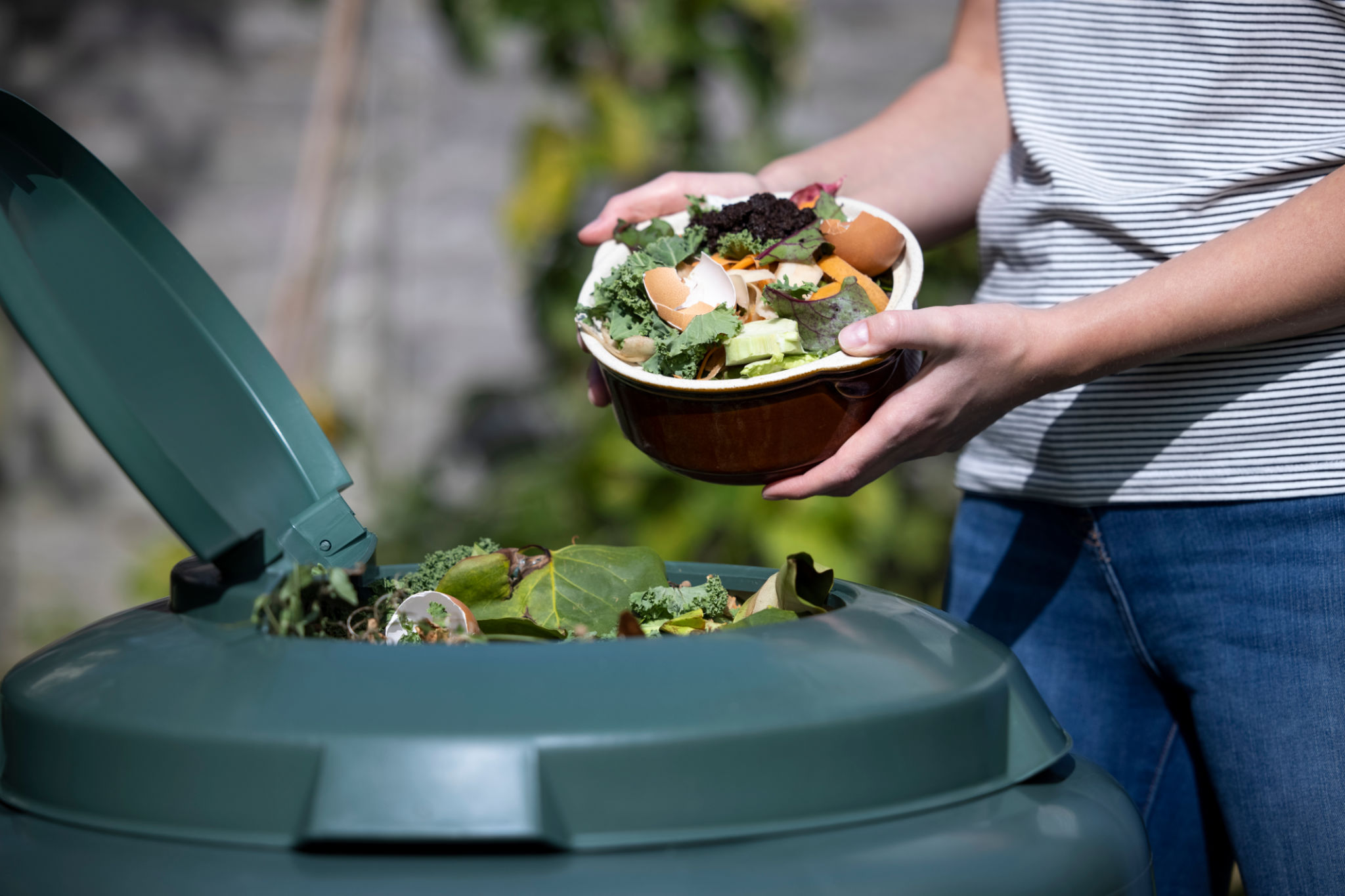Expert Tips for Effective Waste Management in Dallas County
Understanding the Importance of Waste Management
Waste management is a critical component of maintaining a healthy and sustainable environment. In Dallas County, effective waste management involves not only the collection and disposal of waste but also the reduction and recycling of materials to minimize environmental impact. Understanding the significance of waste management can lead to more informed decisions and practices that benefit both the community and the planet.
Proper waste management practices help reduce pollution, conserve natural resources, and save energy. By implementing effective waste management strategies, Dallas County can contribute to cleaner air, water, and land, promoting a healthier living environment for all residents.

Strategies for Effective Waste Management
Reduce, Reuse, and Recycle
The principles of reducing, reusing, and recycling are fundamental in waste management. Residents of Dallas County can start by minimizing waste generation through conscious purchasing decisions and opting for products with minimal packaging. Reusing items whenever possible also helps reduce waste. For instance, using reusable bags, bottles, and containers can significantly cut down on single-use items.
Recycling is another critical component. Dallas County offers various recycling programs that allow residents to recycle paper, plastics, metals, and glass. Participating in these programs ensures that materials are processed and reused rather than ending up in landfills.
Composting Organic Waste
Composting is an excellent way to manage organic waste such as food scraps and yard trimmings. By composting, residents can transform organic waste into nutrient-rich soil that can be used for gardening and landscaping. Dallas County provides resources and guidelines to help residents start composting at home.

Community Involvement and Education
Engaging the Community
Community involvement is crucial for the success of waste management initiatives. Encouraging community members to participate in local clean-up events, recycling drives, and educational workshops can foster a collective effort toward sustainable waste practices. Dallas County frequently organizes such events to engage residents in environmental stewardship.
Educating the community about the benefits of effective waste management is also vital. Information campaigns can raise awareness about the environmental impact of waste and the importance of reducing, reusing, and recycling. Providing easy access to information and resources empowers residents to make more sustainable choices.

Partnerships with Local Businesses
Local businesses play a significant role in waste management efforts. By partnering with businesses, Dallas County can promote practices such as responsible sourcing, reducing packaging waste, and implementing recycling programs within businesses. Encouraging businesses to adopt sustainable practices helps extend waste management efforts beyond individual households.
In conclusion, effective waste management in Dallas County requires a collaborative approach involving residents, local businesses, and government initiatives. By embracing strategies like reducing waste, recycling, composting, and engaging the community, Dallas County can lead the way in creating a cleaner and more sustainable environment for future generations.
